PAT testing consists of a thorough visual inspection that can often identify the majority of faults, along with electrical safety tests. Electrical appliances are categorised in three main categories and these are class one, class two and class three. The different class of the appliance will help determine whether the appliance needs testing and to what extent it needs to be tested to.
The minimum requirements for Class 1 equipment (which is usually an earthed piece of equipment) would be to carry out a visual inspection, earth continuity test and insulation resistance test. Class 2 equipment (which have no protective earth), would be to carry out the visual inspection and the insulation resistance test. All tests should be recorded, and a risk assessment carried out to assess appropriate re-test schedules. Class 3 may be required where increased levels of protection against electric shock is needed and is specifically designed with safety in mind, offering levels of protection above and beyond that of Class 1 and Class 2 equipment.
In Addition to the above, the person who is carrying out the PAT Testing should be competent to do so. HSE Guidance HSR25 states that the scope of 'technical knowledge or experience' should include:
• Have adequate knowledge of electricity
• Have adequate experience of electrical work
• Know to carry out a visual inspection
• Know how to carry out a PAT test
• Understand potential hazards & precautions to take when PAT testing
• To decide whether it’s safe for PAT testing to continue
Seaward’s portable appliance testers are the benchmark for the portable appliance testing (PAT) market and are regarded as number one by the industry. The PAT testing equipment has always been designed with the needs of our customers in mind. Safety in the workplace is of paramount importance and our testers provide the quick and effective key to electrical equipment preventative maintenance programmes.








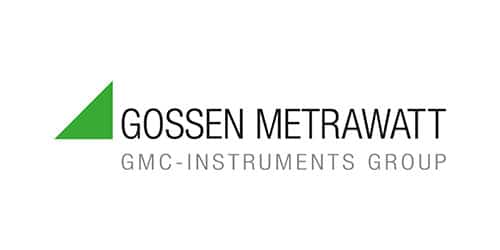
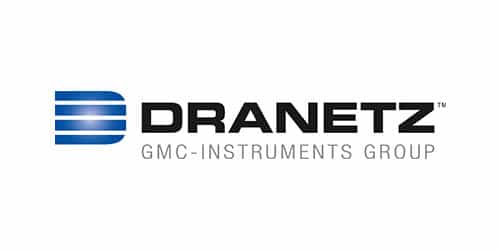

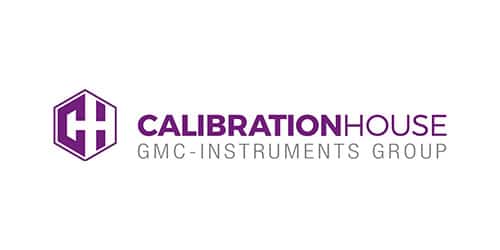
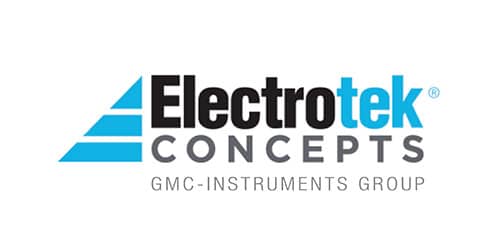

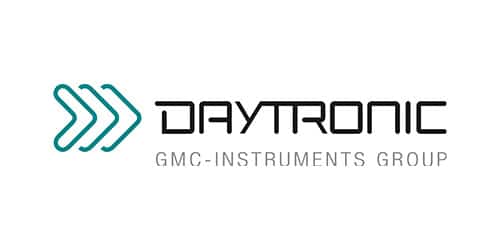


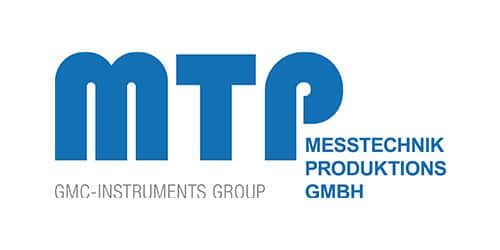

Sign up to our Newsletter.
Stay up to date with the latest industry and product news, as well as our free educational content such as webinars and our expert guides.
Close